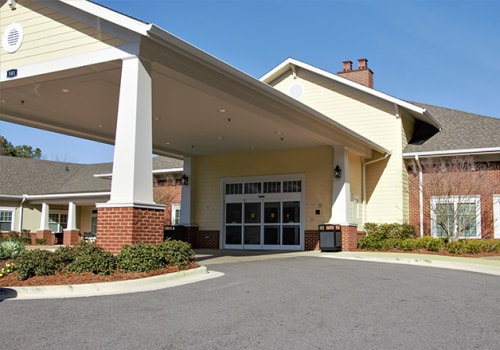When it comes to senior care, there are two main options: skilled nursing facilities and assisted living communities. While both provide a safe and supportive environment for older people, there are some key differences between the two. Understanding the difference between skilled nursing and assisted living is essential for making an informed decision about the best option for you or your loved one. At its core, assisted living is designed to provide seniors with assistance with activities of daily living (ADLs) while still allowing them to maintain their independence.
This type of care is ideal for those who need help with basic tasks such as bathing, dressing, and medication management, but who are still able to do most things on their own. In contrast, skilled nursing facilities provide a higher level of care that includes 24-hour medical supervision and assistance with all ADLs. This type of care is best suited for those who need more intensive medical care or who are no longer able to do most things on their own. When it comes to cost, assisted living is typically more affordable than skilled nursing.
This is because Medicaid does not cover room and board in assisted living facilities, although many states offer an optional state supplement to SSI. Additionally, since assisted living residents don't need 24-hour care, the costs are lower than those of skilled nursing facilities. Another key difference between skilled nursing and assisted living is the type and availability of staff. Assisted living communities typically have staff available during regular business hours, while skilled nursing facilities have staff available around the clock.
Additionally, while assisted living staff provide general care, skilled nursing staff are trained to provide more specialized medical procedures such as intravenous medications, ventilators (artificial respiration), and respiratory therapy. When it comes to choosing between skilled nursing and assisted living, it's important to consider the needs of the individual. Those who need more intensive medical care or who are no longer able to do most things on their own may be better suited for a skilled nursing facility. On the other hand, those who need help with basic tasks such as bathing, dressing, and medication management but who are still able to do most things on their own may be better suited for an assisted living community.
Making an informed decision about senior care can be difficult. However, understanding the difference between skilled nursing and assisted living can help you make an honest assessment of your specific needs or those of your family member. Senior Services of America is here to help if you need assistance in making this important decision.








